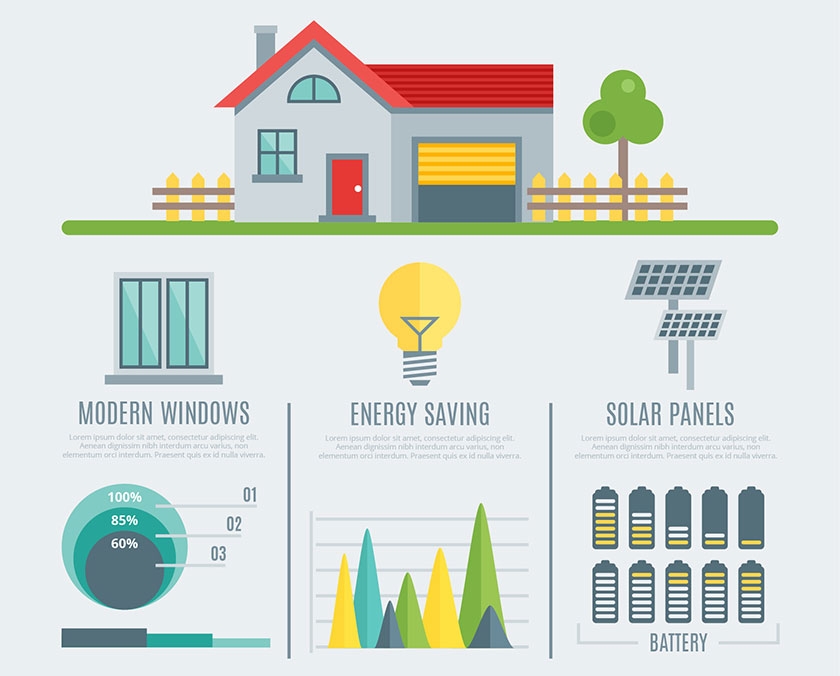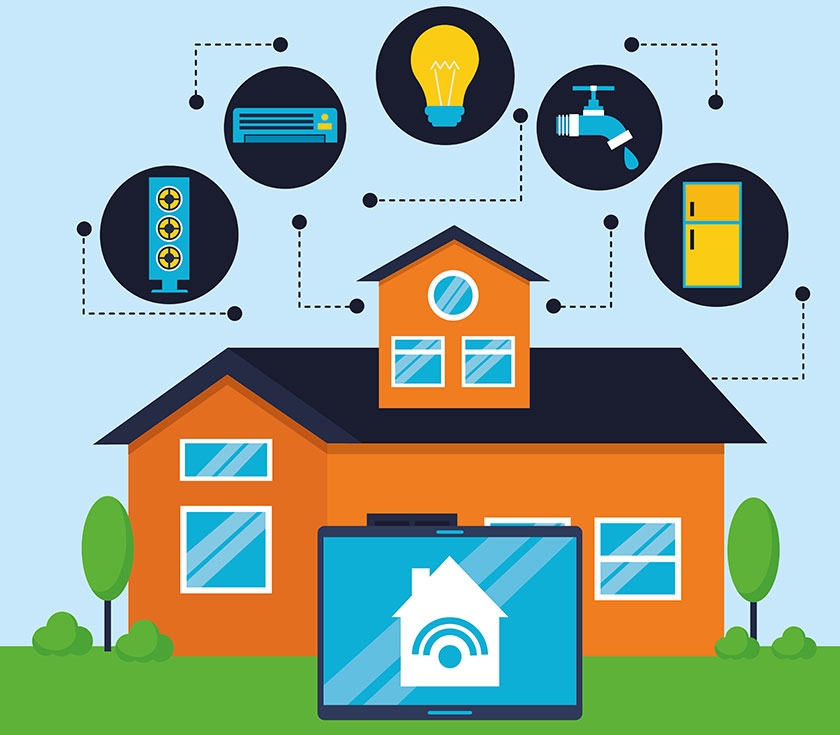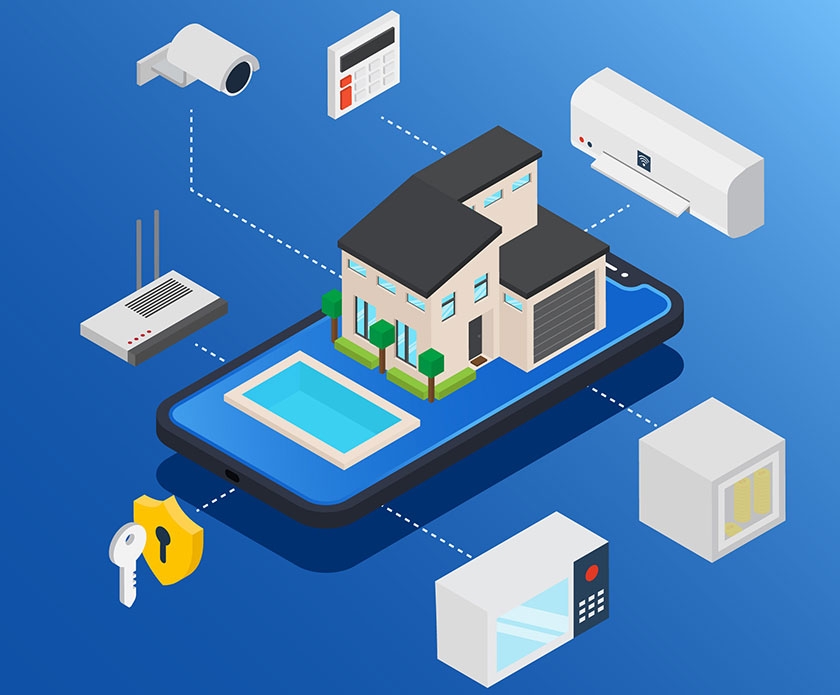As the world becomes increasingly reliant on renewable energy sources, the need for reliable and efficient energy storage solutions has become more pressing. One such solution is the home energy storage system (HES).
Home energy storage system (HES) is a system that allows homeowners to store excess energy generated from renewable sources, such as solar or wind power, during times of high availability and release it during periods of low availability. This can help to balance the grid and reduce reliance on traditional fossil fuel-based power plants.
Home Energy Storage System (HES) can be divided into several types, including battery-based systems, compressed air storage systems, and supercapacitor systems. Each type has its own advantages and disadvantages, and choosing the right system depends on factors such as cost, efficiency, and capacity.

Battery-based Home Energy Storage System (HES) are perhaps the most common type of Home Energy Storage System (HES). They work by storing electrical energy in batteries that can be used to power homes and appliances when the sun isn't shining or the wind isn't blowing. Battery-based HES are relatively simple to install and maintain, but they also have some limitations. For example, they can be expensive to replace and may not be suitable for all homes or situations.
Compressed air storage systems work by using air compressors to store compressed air, which can then be released during periods of high demand. This type of Home Energy Storage System (HES) is particularly useful in areas where there is a lot of available wind or solar power, as it allows homeowners to take advantage of these sources even when they aren't producing as much energy. However, compressed air storage systems can be quite large and complex, making them less suitable for some homes and situations.
Supercapacitor systems work by storing electrical energy in supercapacitors, which can be released quickly and efficiently when needed. This type of Home Energy Storage System (HES) is particularly useful in applications where power needs to be rapid response, such as electric vehicles or industrial equipment. However, supercapacitor systems are still relatively new and expensive to produce and maintain, so they may not be suitable for all homes or situations.

One of the main benefits of a Home Energy Storage System (HES) is that it can provide backup power during outages or emergencies. For example, if a home is powered by solar panels and the batteries in the HES run out during a cloudy day, the system can automatically switch to using traditional electricity until the batteries are recharged.
Another advantage of a Home Energy Storage System (HES) is that it can help to reduce energy costs by allowing homeowners to sell excess energy back to the grid. In many areas, this can be done at peak times when demand for electricity is high and prices are lower. By participating in the grid, homeowners can earn money while also helping to reduce their carbon footprint.
However, there are also some challenges associated with implementing a Home Energy Storage System (HES). One major issue is the cost of installation and maintenance. While the long-term benefits of a HES can offset these costs, they may not be affordable for all homeowners. In addition, there are also technical considerations to take into account when designing a HES. For example, the system must be able to communicate effectively with the local grid and comply with relevant regulations.

Despite these challenges, the potential benefits of a Home Energy Storage System (HES) make it an attractive option for homeowners looking to transition to renewable energy sources. As technology continues to improve and costs come down, we can expect to see more homes adopting HES in the coming years. Some experts predict that within the next decade, nearly half of all households in the United States will have a HES installed.
One area where Home Energy Storage System (HES) could have a particularly significant impact is in rural communities where access to reliable electricity can be limited. By providing backup power during outages and allowing rural residents to participate in the grid, Home Energy Storage System (HES) could help to bridge the gap between urban and rural electricity infrastructures.
In addition, there are also technical considerations to take into account when designing a Home Energy Storage System (HES). For example, the system must be able to communicate effectively with the local grid and comply with relevant regulations. Despite these challenges, the potential benefits of a HES make it an attractive option for homeowners looking to transition to renewable energy sources. As technology continues to improve and costs come down, we can expect to see more homes adopting HES in the coming years.